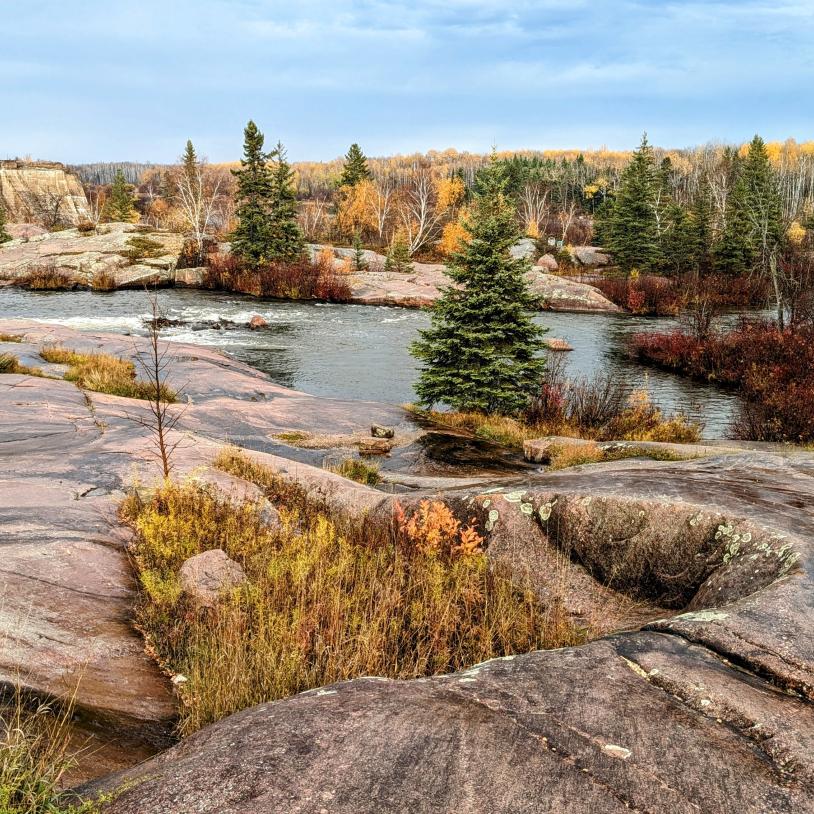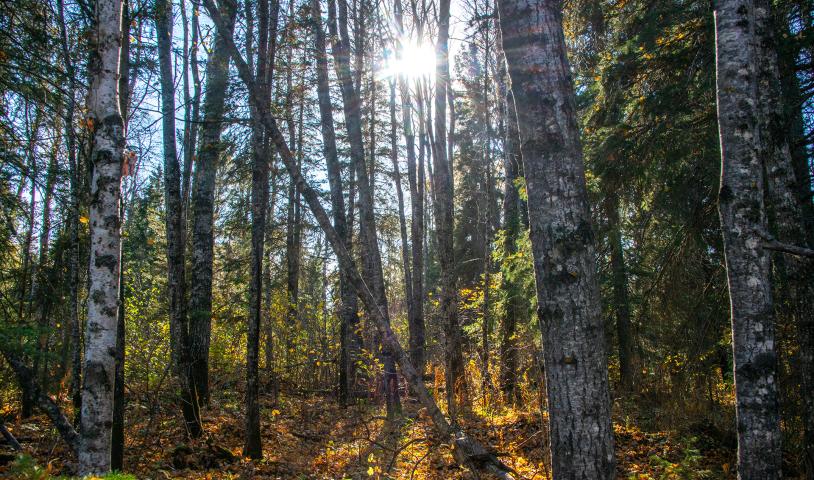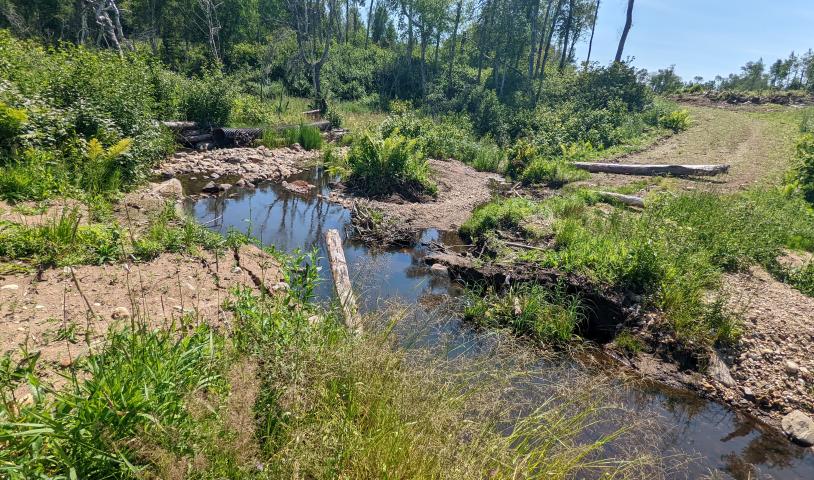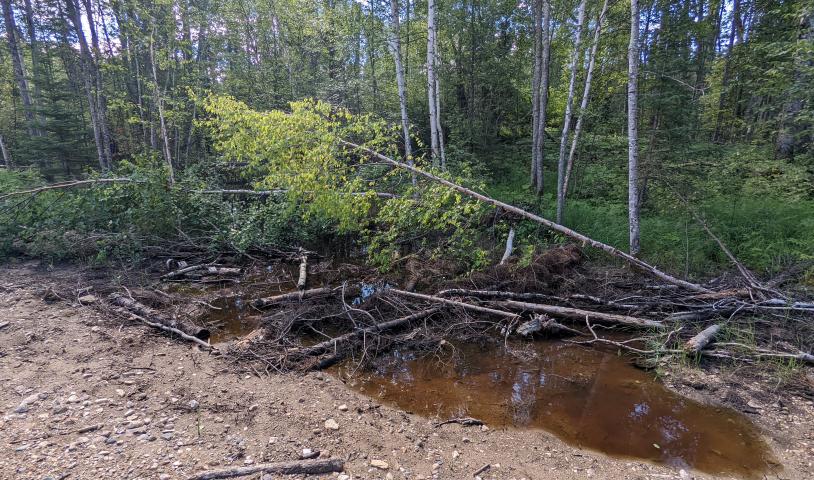Activists hail park logging ban
Thursday, September 9, 2010The bubbly was popping and suds flowing Friday as local environmentalists celebrated the Doer government's sudden announcement it will ban logging operations in all but one of Manitoba's 80 parks by April 1.
Environmental and wilderness groups have been demanding an end to logging in parks for years, and had thought their protests were falling on deaf ears. What they didn't know was provincial negotiators had been working for months with two of Manitoba's three biggest logging companies to shut down their operations in four provincial parks.
"We had no advance warning," said Eric Reder, local campaign director for the Wilderness Committee. "We work for long stretches without momentous victories. This is indeed a special time for us and for the next generations."
The province signalled it was banning new logging and phasing out existing operations in parks in Thursday's throne speech, but no one outside of those involved knew talks had progressed so far.
Premier Gary Doer said Tolko Industries Ltd. and Tembec Inc. will cease logging in the four parks by the end of March. The provincial parks are Whiteshell, Nopiming, Clearwater and Grass River. Both companies will be allowed to cut timber on Crown land in other areas of the province.
"We actually believe that provincial parks are parks," Doer said. "A park is a park is a park. You should be able to have a picnic in a park without a tree falling down."
Doer said to ease the transition, the province will spend a one-time amount of $3.2 million so that neither company will see a drop in production or the prospect of job losses.
"They are facing difficult times," Doer said. "Our philosophy was in the long run and short run to make sure this was revenue-neutral."
Conservation Minister Stan Struthers said the ban is only the first step the province is taking to protect its boreal forest from development. Last July, Ontario Premier Dalton McGuinty said he would protect 50 per cent of his province's forests, representing the single largest conservation commitment in Canadian history.
"We think parks should be there for Manitobans, for their use," Struthers said, hinting Manitoba will take a similar step to Ontario's.
Manitoba's ban means only Duck Mountain Provincial Park will have logging within its boundaries. A logging ban is not feasible because of long-standing agreements with loggers, including Louisiana Pacific, to operate in the park.
Struthers also said because so many people depend on the area's forest industry for work, a ban is not economical.
Tembec vice-president Dennis Rounsville said the deal means his company's cutting area will move farther south, creating higher costs to truck spruce logs to its mill in Pine Falls.
"Access to the forest is the life-blood for a mill such our Pine Falls newsprint mill so when Manitoba Conservation originally approached us with their plan to (ban) logging we were a little taken aback, to be completely honest," Rounsville said. "You can't run a mill without trees."
However, with the funding to ease transition, Tembec should not have a drop in production or job losses. Tembec employs more than 200 people.
"When government wants to go in a direction, it's hard to stop them," he said.
Dave Knight, Tolko's prairie region woodlands manager, said pulling out of Grass River and Clearwater Provincial Parks will mean about two extra hours to truck a load of timber to its mill in The Pas, extra costs the company is willing to accept. Tolko employs more than 500 people.
"At the end of the day, to paraphrase the premier, a park is a park is a park," Knight said. "Together we found a way to make that happen."
Ron Thiessen, Manitoba director of the Canadian Parks and Wilderness Society, said his group welcomed the ban, as it shows provincial parks are now protected areas.
"Our parks are spectacular areas," he said. "They're for recreation, education and for future generations to enjoy and of course, to protect our wilderness and wildlife."
Reder said the next step is to ban mining in provincial parks, a tall order compared to logging.
"Mining controls all of the decisions on provincial lands," he said.
Struthers said there are no plans to address mining in parks.





